Search Our Whole site:
Just Search: France
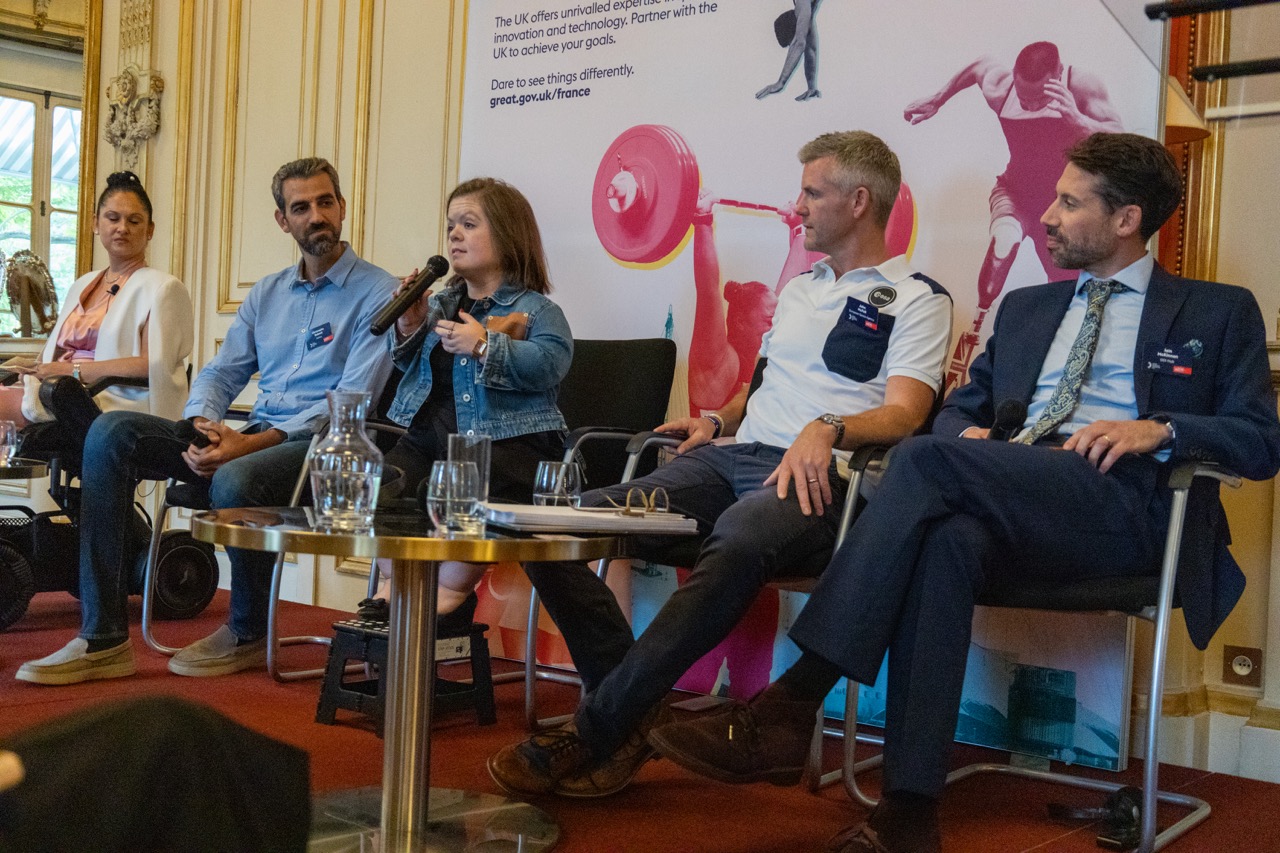
Disability, innovation and the power of Paralympic legacy – a reception to remember at the British ambassador's residence to mark the start of the 2024 Paris Paralympics
As the first day of sport kicked off in Paris, and crowds around the city streamed into venues to cheer Paralympians in action, the Global Disability Innovation Hub (GDI Hub) and Dame Menna Rawlings - British Ambassador to France – were delighted to welcome esteemed guests to the 'Beyond Sport' panel and reception to explore disability, innovation and the power of Paralympic legacy.
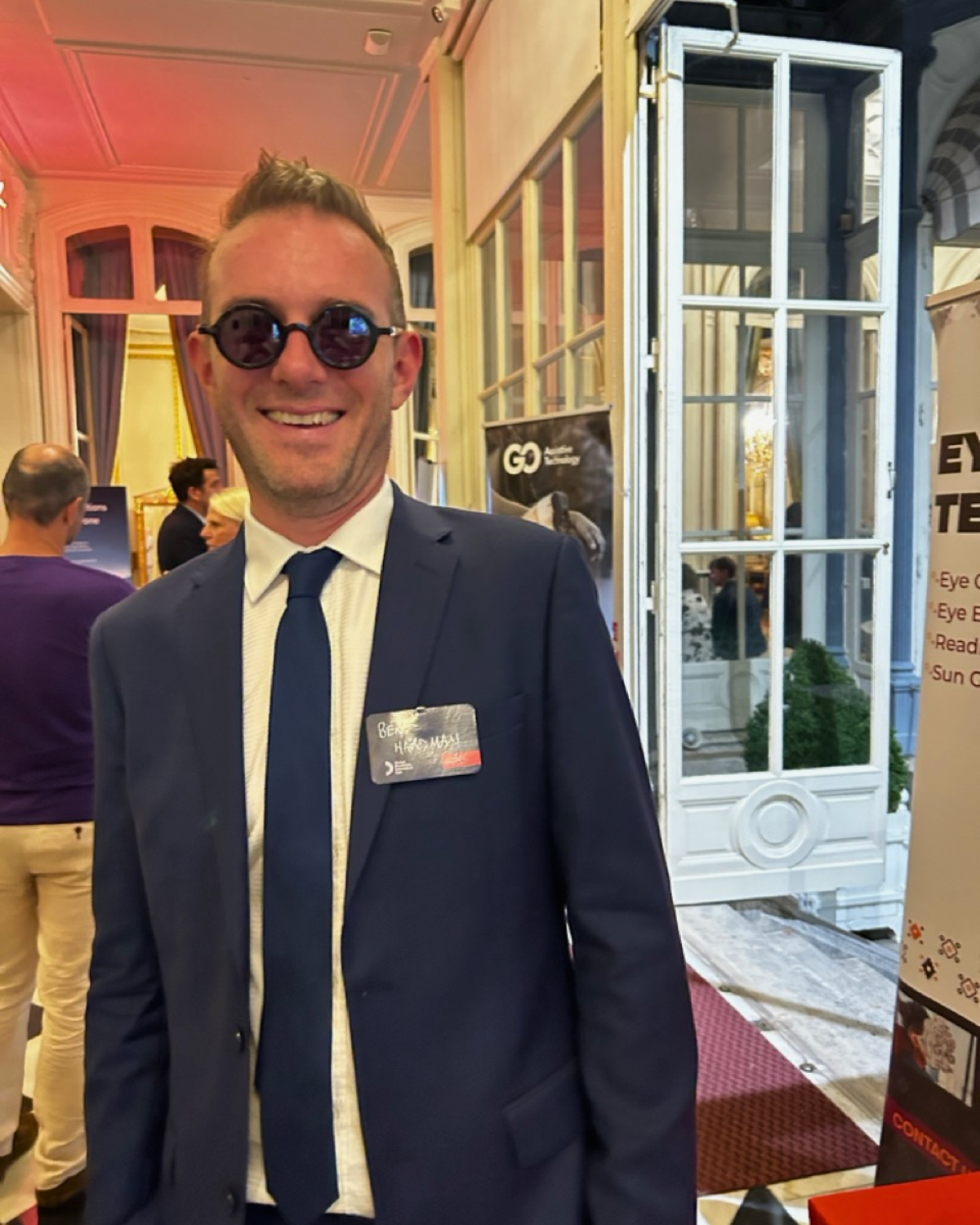
Paris Paralympics - A reflection of performance on and off the field, by Ben Hardman GDI Hub Head of Innovation
The London Games felt very special, I could sense a pivot in the way that Paralympic sport and disability more generally, was being presented to me. The London Paralympics had attitude, it was edgy, humorous, honest, ballsey, super-human - this drew me in to a culture that I hadn’t really engaged with before, and I loved it. As a designer and engineer I was blow away by the Queen Elizabeth Olympic Park, which oozes human-centred design, and made the experience for everyone at the games equally brilliant. Looking back, I can now appreciate that what I’d experienced was an event and a place where inclusion had been baked-in from the very beginning and not as an after-thought or tick box.
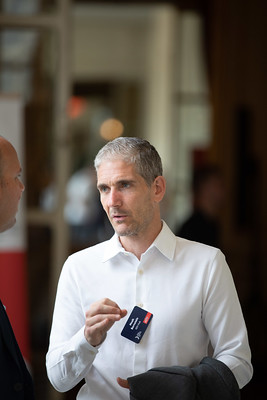
What you water grows: how Brazil thrived at the Paralympics - by Noah Bernstein - COO at GDI Hub
At the Paris 2024 Paralympics, Brazil excelled. But how did they become one of the best performing countries in the world at para sport? Brazil’s success shows change is possible. It also highlights that change won’t happen by itself. Brazil’s story of success contrasts sharply with rich countries like Japan and Australia that typically fare well at the Olympics but lag at the Paralympics due to reported underinvestment and much smaller proportional delegations. We can only hope other governments and decision-makers take note on how to create lasting, sustainable change that brings much more than medals.
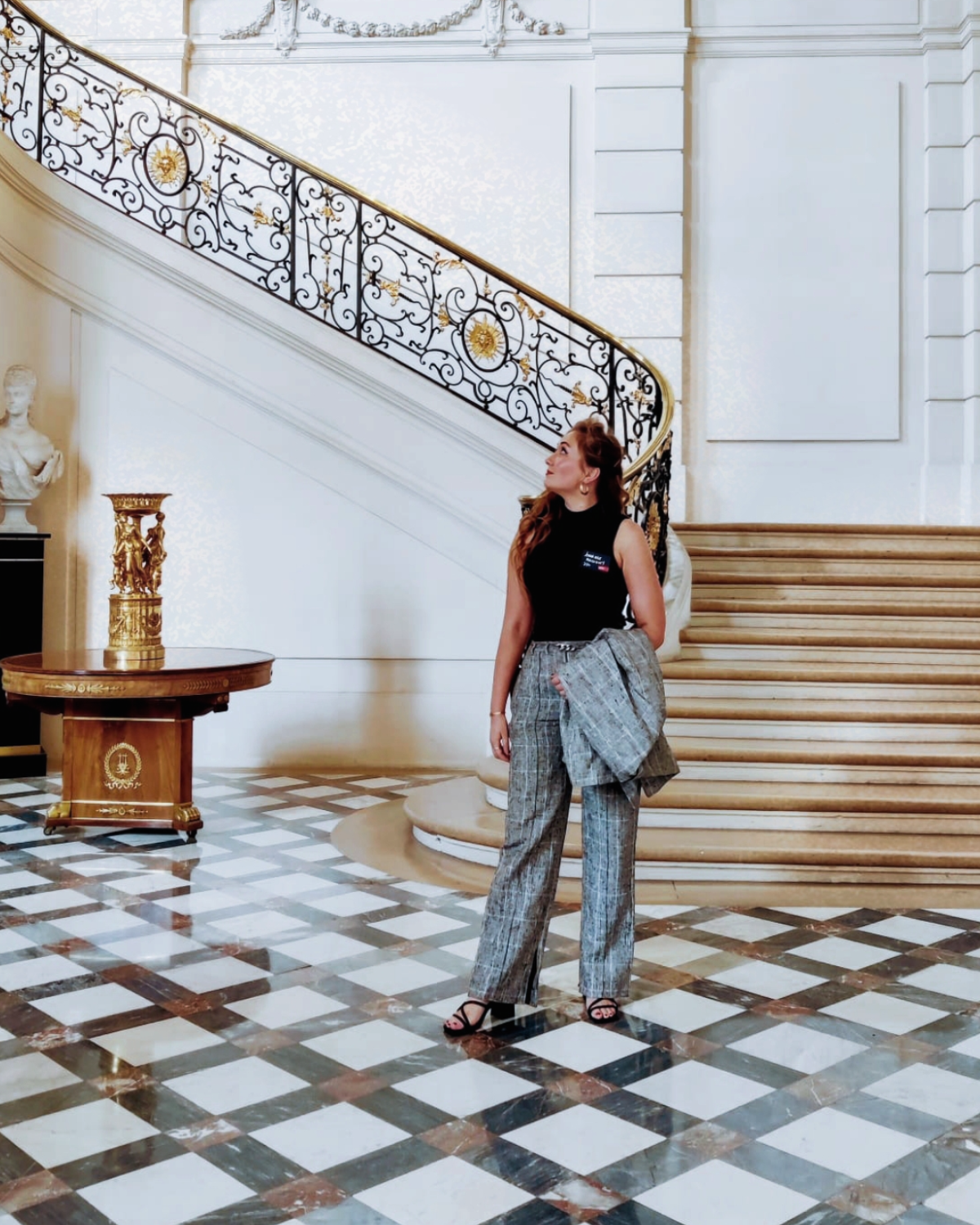
Innovative Assistive Technology as lower cost way to bridge gaps while Inclusive infrastructure is developed: Just for the games or part of a long-term plan? - by Annamae Muldowney - GDI Hub's Inclusive Design Assistant
During the Paris 2024 Paralympic Games, accessibility at sporting venues improved, but navigating the city remained challenging for people with disabilities due to an outdated metro system, with only 29 out of 300 stations wheelchair-accessible. Temporary measures, such as minibuses and a journey-planning app, helped visitors but highlighted the need for long-term infrastructure upgrades, which could take decades and significant investment. Overall, the Games highlighted both the challenges and opportunities in improving urban accessibility for people with disabilities.
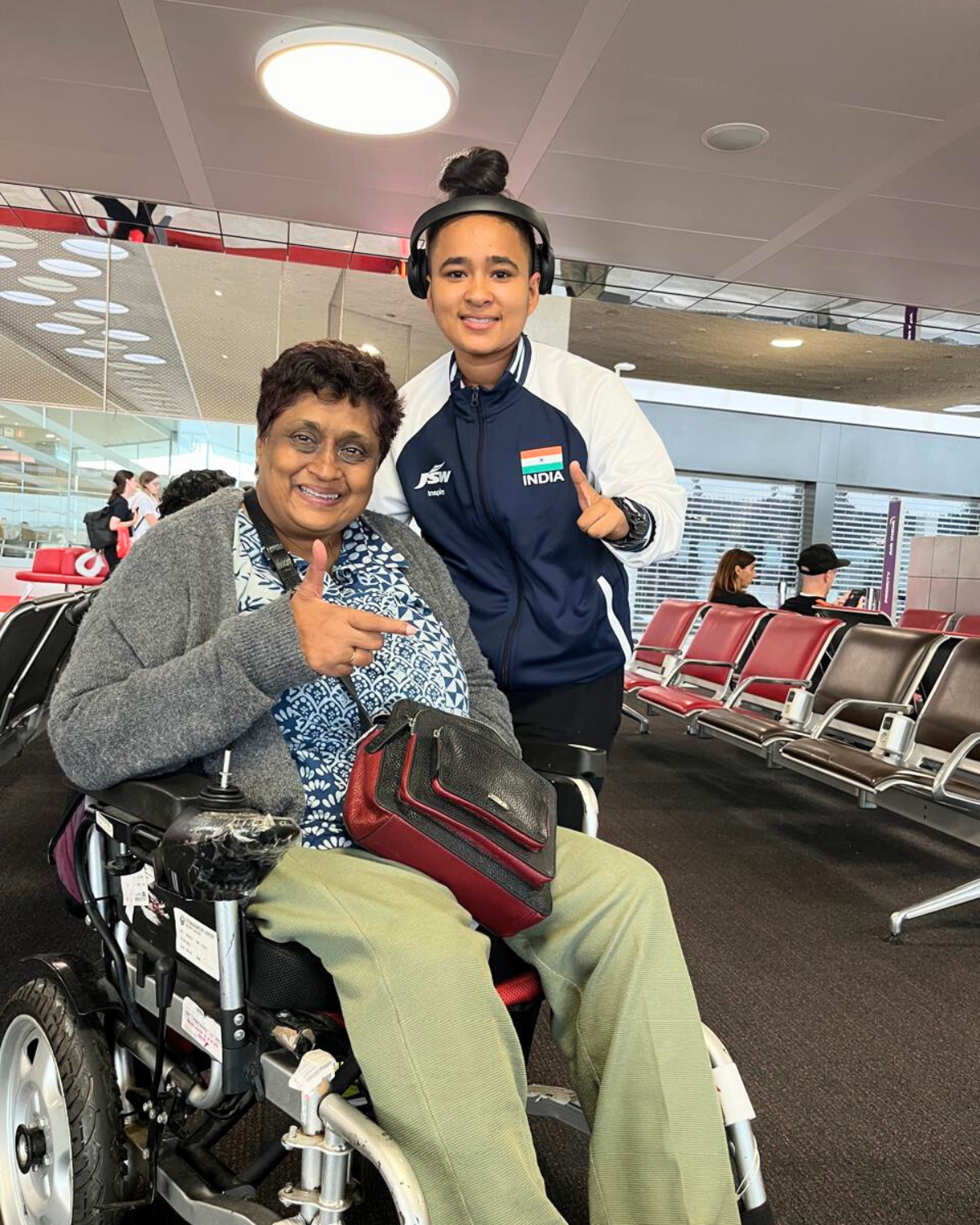
Paralympics an instrument for inclusion - by Shivani Gupta - Senior Inclusive Design Manager at GDI Hub
Attending the Paralympics, however, showed me how the Games are so much more than just medals and country tallies. They are a vehicle fostering inclusion not only in the country that hosts them but also in all those countries that participate. They are linked to inclusive environments and tourism, encouraging countries to make inclusive investments. They are also very political, pushing governments to pass new legislation and drawing their attention to persons with disabilities in their country. I have never been interested in sports, but this experience changed that. On a lighter note, don't be surprised if you see me competing at the 2028 Paralympics at Los Angeles!
Beyond the Track
With Paris 2024 still fresh in our memories and the road to Los Angeles 2028 ahead, we asked leaders from the Global Disability Innovation Hub and key figures across the disability movement on what the Paralympics means to them. Their answers show how the Games influence everything from city planning to space exploration.